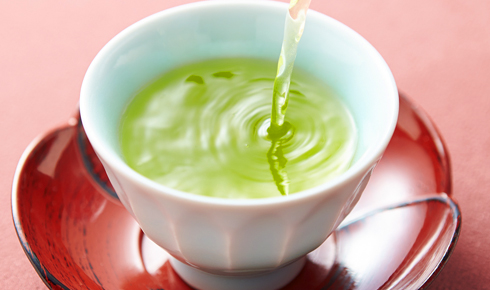
In the traditional lunar calendar of Japan, February 4th is known as risshun (literally “the standing of spring”), or the day upon which winter gives way to spring. The 88th day after risshun is called hachiju hachi ya, which means “the 88th night,” marking the transition from spring to summer.
Hachiju hachi ya falls on the 1st or 2nd of May in the modern solar calendar. Since antiquity, it has been a day for farmers to sow rice seeds and conduct other annual agricultural activities. Today, the term hachiju hachi ya is evocative of Japanese tea, which is an essential part of everyday life in Japan. This is because tea farmers harvest tea buds, which are then processed into Japanese tea, on or around hachiju hachi ya. Since tea plants put forth new buds several times each year, farmers conduct three harvests annually. Nevertheless, tea made from buds harvested around the time of hachiju hachi ya is widely considered to be of the highest possible quality. At one time, it was customary to drink tea from hachiju hachi ya harvest for good luck.
Updated: 26 April, 2018